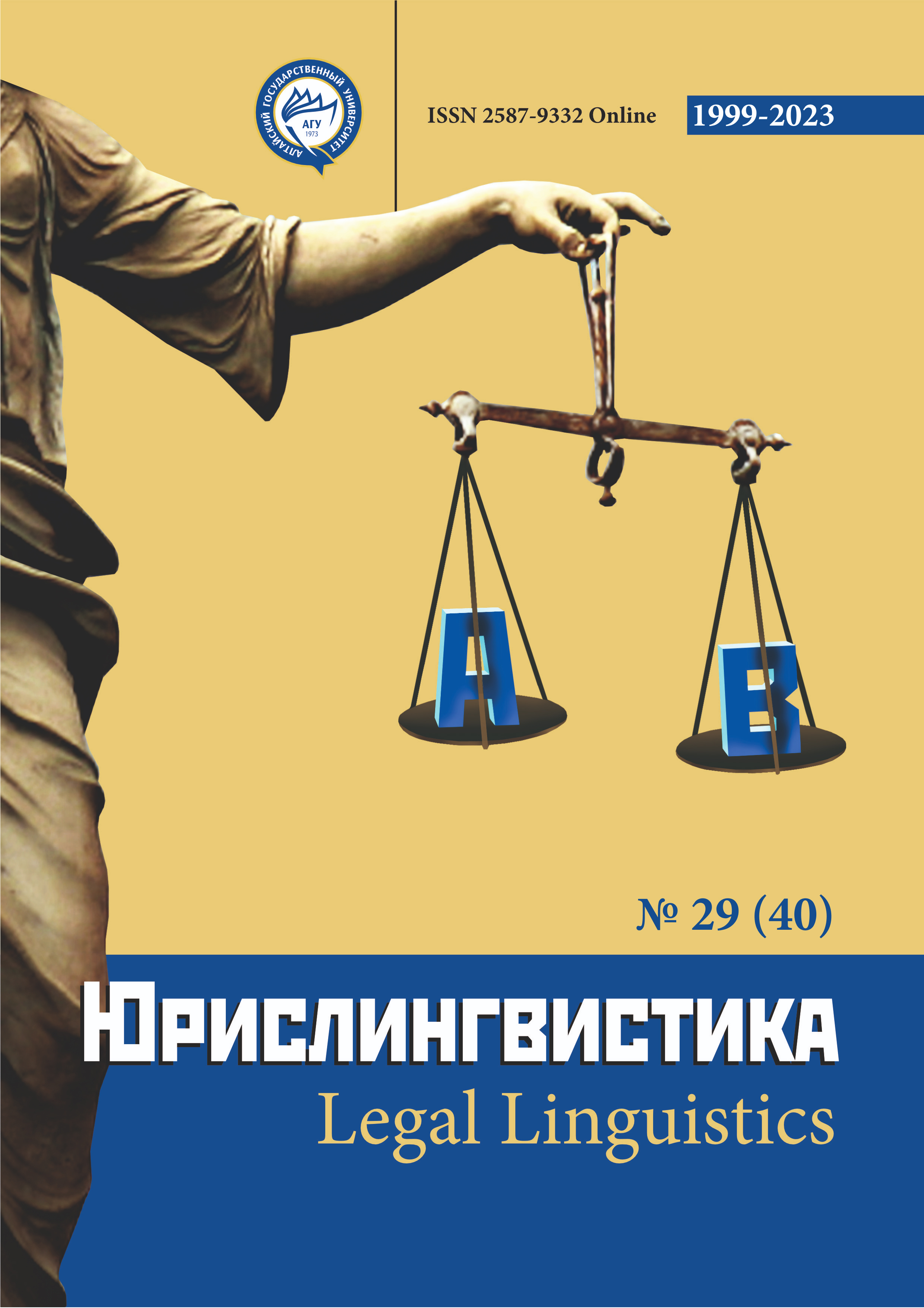Political and Legal Nature of Sanctions Restrictions in The Field of Publication Activity of Russian Scientists
УДК 340, ББК 67
Abstract
This article is devoted to the study of theoretical and legal ideas about scientific sanctions and their political and legal nature, as well as an analysis of their impact on the publication activity of Russian scientists in foreign publications.
In modern conditions of geopolitical and geo-economic turbulence, sanctions policy has a restraining effect on the development of scientific and technological potential. In this connection, the purpose of the study is to conceptually generalize the legal nature of scientific sanctions, identify existing barriers to international scientific and technical cooperation and find ways to overcome them.
Sanctions policy is represented by various forms of generating difficulties in the sphere of participation of certain states in international network collaborations and established forms of cooperation. The legal basis of sanctions policy is the unilateral termination of contractual relations, which causes damage not only to the state against which sanctions are imposed, but also to the state that imposes sanctions.
As a way to respond to sanctions challenges in the field of scientific and technological development, the dynamic development and implementation of innovative measures to support the national scientific and scientific-technical sector is proposed.
As measures to increase the publication activity of Russian scientists in foreign publications, it is seen, first of all, the need to form and implement a special state policy as an integral part of the state scientific and technical policy in the field of international cooperation, since its development in these conditions cannot be limited only to the initiatives of scientific subjects and scientific and technical activities. In particular, it seems possible to change the geographical directions of international scientific and technical cooperation. This also involves encouraging friendly countries to harmonize foreign and domestic policies in the field of science, technology and innovation, as well as to harmonize national legislation and improve the functioning of organizational and legal mechanisms of cooperation.
Downloads
Metrics
References
Вишневская А. База данных Web of Science стала недоступна для российских ученых. 2022. URL: https://www.gazeta.ru/science/news/2022/05/04/17682794.shtml
Киреева Н. В. Механизм образования интеграционных связей/Политика и общество. – 2014. – № 1. – С. 61–68.
Михайлов О. В. Феномен «мусорных» журналов как прямое следствие коммерциализации науки / Социология науки и технологий. – 2018. –Т. 9 №2. – С. 56 – 70.
О некоторых вопросах применения требований и целевых значений показателей, связанных с публикационной активностью: Постановление Правительства РФ от 19.03.2022 №414 / Собрание законодательства РФ. – 28.03.2022. – №13. – ст. 2076.
Пресс-релиз Российской академии наук (РАН) и Pleiades Publishing, Ltd. (PPL). 2019. URL: https://www.pleiades.online/ru/publishers/news/57/
Соколов К., Порываева Л. Владелец базы Web of Science объяснил отключение доступа российским вузам. 2022. URL: https://www.comnews.ru/content/220113/2022-05-05/2022-w18/
Татишвили Т. М. Индексы научного цитирования и базы данных / Право и современные государства. – 2014. – №3. – С. 5 – 8.
Ханин Г. И. Российская наука в период санкций в свете проблемы модернизации российской экономики / Управление наукой: теория и практика. – 2022. – Т. 4, № 3. – С. 69–84.
Черныш М. Ф. О текущей ситуации и возможных её последствиях /Управление наукой: теория и практика. – 2022. – Т. 4, № 2. – С. 15–26.
Юревич А. В. Российская социогуманитарная наука в условиях вынужденной изоляции / Управление наукой: теория и практика. – 2022. – Т. 4, № 2. – С. 86–90.
Copyright (c) 2023 Антон Васильев, Юлия Печатнова

This work is licensed under a Creative Commons Attribution 4.0 International License.
The authors, which are published in this journal, agree to the following conditions:
1. Authors retain the copyright to the work and transfer to the journal the right of the first publication along with the work, at the same time licensing it under the terms of the Creative Commons Attribution License, which allows others to distribute this work with the obligatory indication of the authorship of this work and a link to the original publication in this journal .
2. The authors retain the right to enter into separate, additional contractual agreements for the non-exclusive distribution of the version of the work published by this journal (for example, to place it in the university depository or to publish it in a book), with reference to the original publication in this journal.
3. Authors are allowed to post their work on the Internet (for example, in a university repository or on their personal website) before and during the review process of this journal, as this may lead to a productive discussion, as well as more links to this published work (See The Effect of Open Access).











